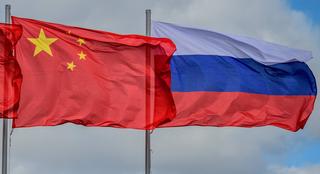
The China-Russian military cooperation with its underlying strategic calculus is clearly aimed at countering US moves and capabilities in the region.
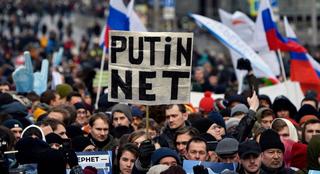
Recent demonstrations in Russia have not been led by a particular group or movement with grand political designs. Instead, protesters in Arkhangelsk – much like those in Yekaterinburg and even in Moscow – are simply people fighting for their government, finally, to treat them with the dignity and respect they deserve.
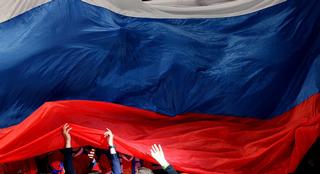
Russian history is a controversial and hotly debated subject, both at home and abroad. Distilling its lessons is difficult, but worthwhile, as many themes from Russia’s past are likely to endure well into its post-Putin future.
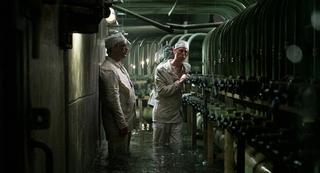
It’s ironic that a show about narratives, and the way they can turn sour, caused Russia’s own narrative machine to show its fragility.
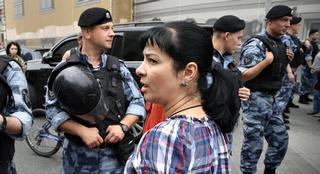
The society of citizens and its representatives in Russia face a dilemma. One option is to cut a deal with the state and work in its interests and on its terms. The other option is marginalisation, to become outcasts destined to be in constant conflict with the state.
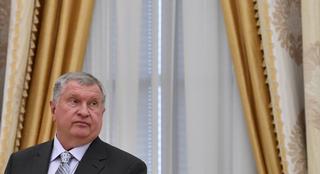
Reuters was right to publish information showing that Rosneft head Igor Sechin repeatedly used corporate aircraft for personal purposes.
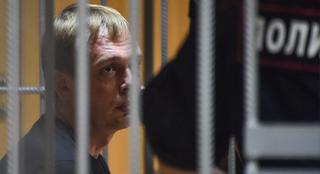
The arrest of Ivan Golunov on bogus drug charges sparked intense protests against the menace of the corrupt security state.
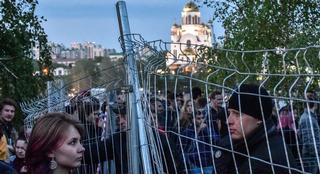
Orthodox Christianity—and Vladimir Putin—are at the center of the country’s newest culture war.
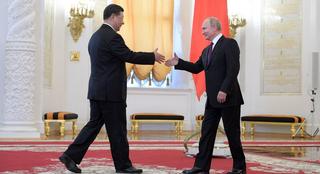
China and Russia have learned lessons from history: great powers lead or abstain, they don’t jump on the bandwagons of others, and in bilateral relations, great powers seek to maintain equilibrium-they may come close to each other if interests or circumstances demand, but not so close as to become followers.
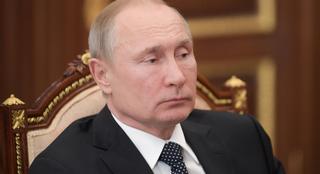
Moscow hopes the new European Parliament will take a softer line on rules and values that clash with Russian interests.
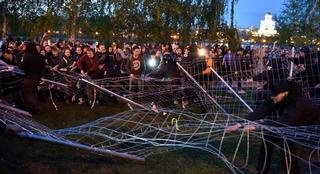
The confrontations between society and the authorities which are spreading across the country shouldn't be taken lightly.
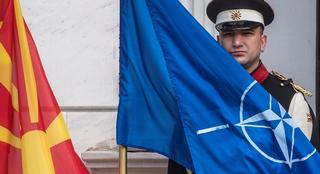
The Kremlin’s attempt to prevent North Macedonia joining NATO created some difficulties but proved to be rather clumsy and damaging to Russia’s own interests. With the accession appearing to be a done deal, Russia is now likely to lose interest in North Macedonia.
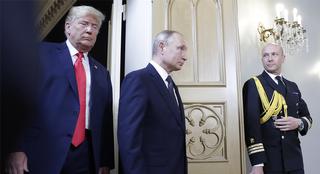
It will be a long time before the U.S. and Russia will reach a new normal in their relationship. The most important thing is that they keep their current confrontation cold, just as they managed with the previous one.
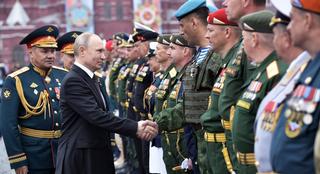
Military pomp is drowning out a meaningful reflection on the horrors of the war.
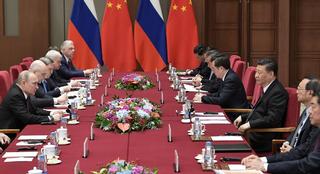
Moscow and Beijing will continue to have their differences, and they are not entirely free from reciprocal phobias, but the chances of a China–Russia collision over those differences are being minimised by the US policy of dual containment.
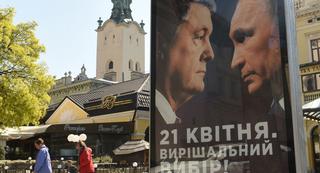
The Kremlin will soon wish it were still dealing with a Ukrainian president who so much resembled its own.
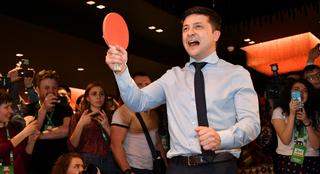
The Russian authorities have never been inclined to consider Ukraine a truly separate state.
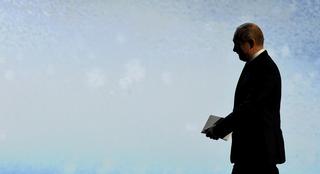
Russian President Vladimir Putin’s nostalgia for the Soviet Union appears unlimited, and he is now resurrecting perhaps its most notorious feature: the purge. Recalling the Stalin era, the recent arrests and imprisonment of numerous regime figures have fueled a pervasive sense of fear among the country’s elites.
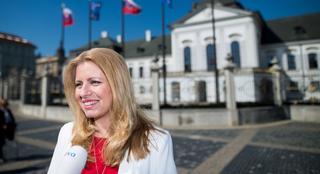
Will Russia equally fall for a political outsider? Only time will tell.
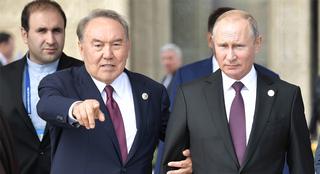
Over the next few years, the Kremlin will be able to observe what happens in practice when the informal authority of the nation’s leader and the post of president—the main instrument for creating that authority—are separated.